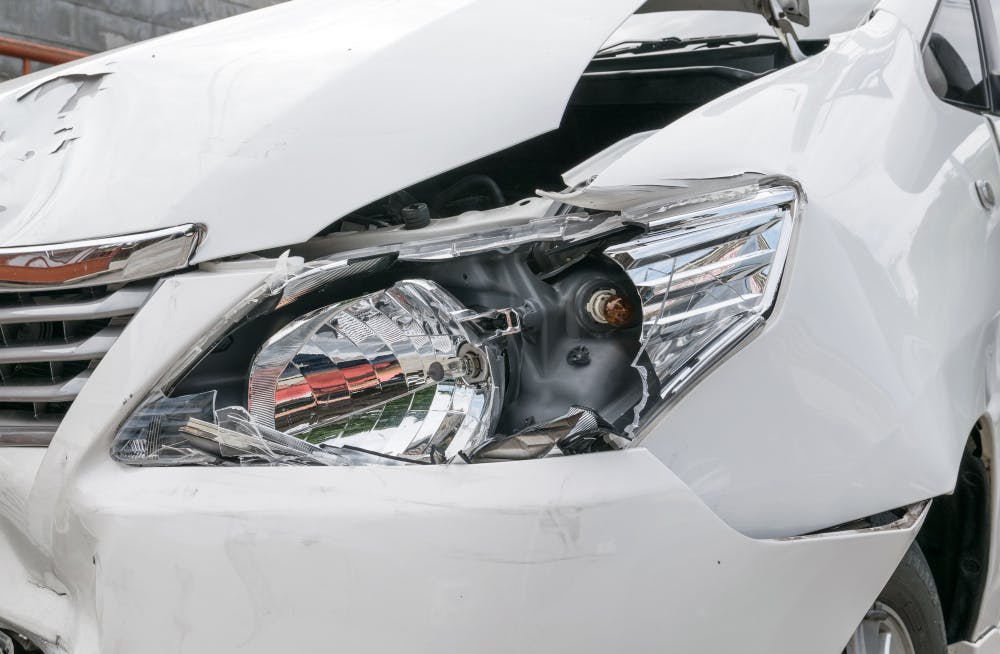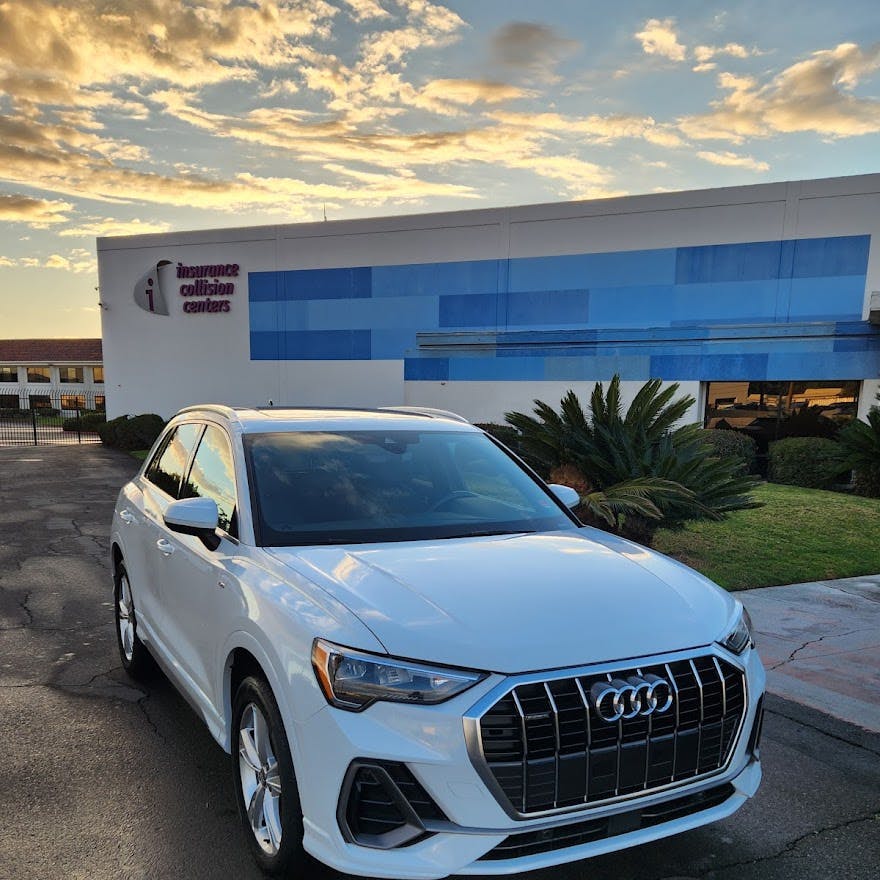
A car accident is a highly stressful event and navigating through the subsequent car repairs can add to the anxiety. You're left with questions like: "Do auto body shops report damage to insurance?", "Does car insurance cover repairs?" and "How much does insurance pay for bumper damage?". Fear no more, as we delve into the most frequently asked questions about body shop insurance, insurance body shop processes, and how they work hand in hand to get your car back on the road.
The Anatomy of an Auto Body Shop Repair Process
Firstly, the professionals at the auto body shop meticulously evaluate the damage to your car. They consider exterior, interior and underlying components, to decide on the extent of the damage.
They'll then give you an estimate for the repairs, accounting for labor costs, replacement parts, and any other services necessary; this is where the communication with your insurance company begins if you plan to file a claim. The auto body shop will inform your insurance provider about the extent of the damage and the projected cost of repairs.
Once these insurance details are sorted out, it's time for the actual repair work. Here, the auto body shops delve into fixing dents, replacing damaged parts, painting, and whatever else is needed to make your vehicle safe and functional again. A final inspection is conducted to ensure all work has been carried out satisfactorily before the vehicle is returned to you.
Interaction Between Auto Body Shops and Insurance Companies
Often the process involves back-and-forth communication between auto body shops and insurance companies. They share details about the damage and the repair strategy, and also discuss any unexpected surprises that might crop up.
Sometimes, auto body shops participate in what are known as Direct Repair Programs (DRPs). These programs facilitate a smooth relationship between the shop and the insurance company, often speeding up the repair process. But remember, even if your auto body shop is part of a DRP, you have the final say regarding where your vehicle gets repaired.
Reporting Damage to Insurance Companies
Auto body shops often report damage to insurance companies. The reasons are usually to initiate the claims process, to comply with environmental regulations, particularly when hazardous materials are involved, or to address any safety concerns that crop up during the repair process.
There are also other times when an auto body shop might be obligated to report certain damage, for instance, if the car is under warranty or if there's significant structural damage. Reporting such incidents ensures that the insurance company or relevant authorities can evaluate the safety of the vehicle post-repairs.
Pain Points and Solutions
Reporting damage to your insurance provider promptly can result in quicker repairs. It also ensures that your body shop insurance covers a significant portion of the repair costs. Adhering to reporting obligations can also help you avoid potential legal complications.
However, reporting damage might impact your insurance premiums. While it's often the best decision for significant damage, you may want to consider the potential increase in premiums. If you're unsure, consult with your auto body shop – they should be able to offer guidance based on their experience.
The Conclusion
Navigating auto body shop repairs and insurance reporting can be overwhelming. But armed with the right knowledge and open communication with both the auto body shop and your insurance company, it's possible to get through the process smoothly and get your vehicle back on the road.
